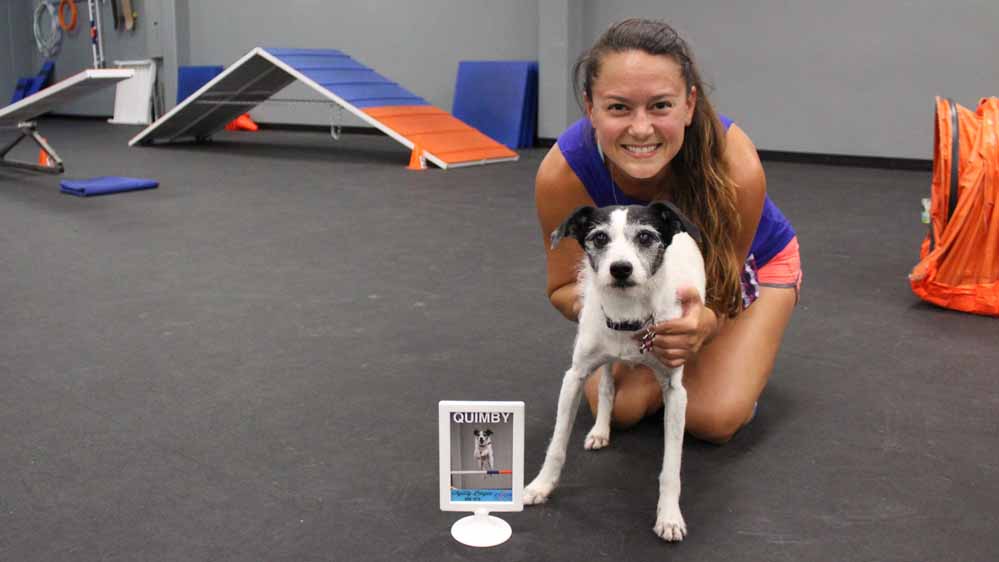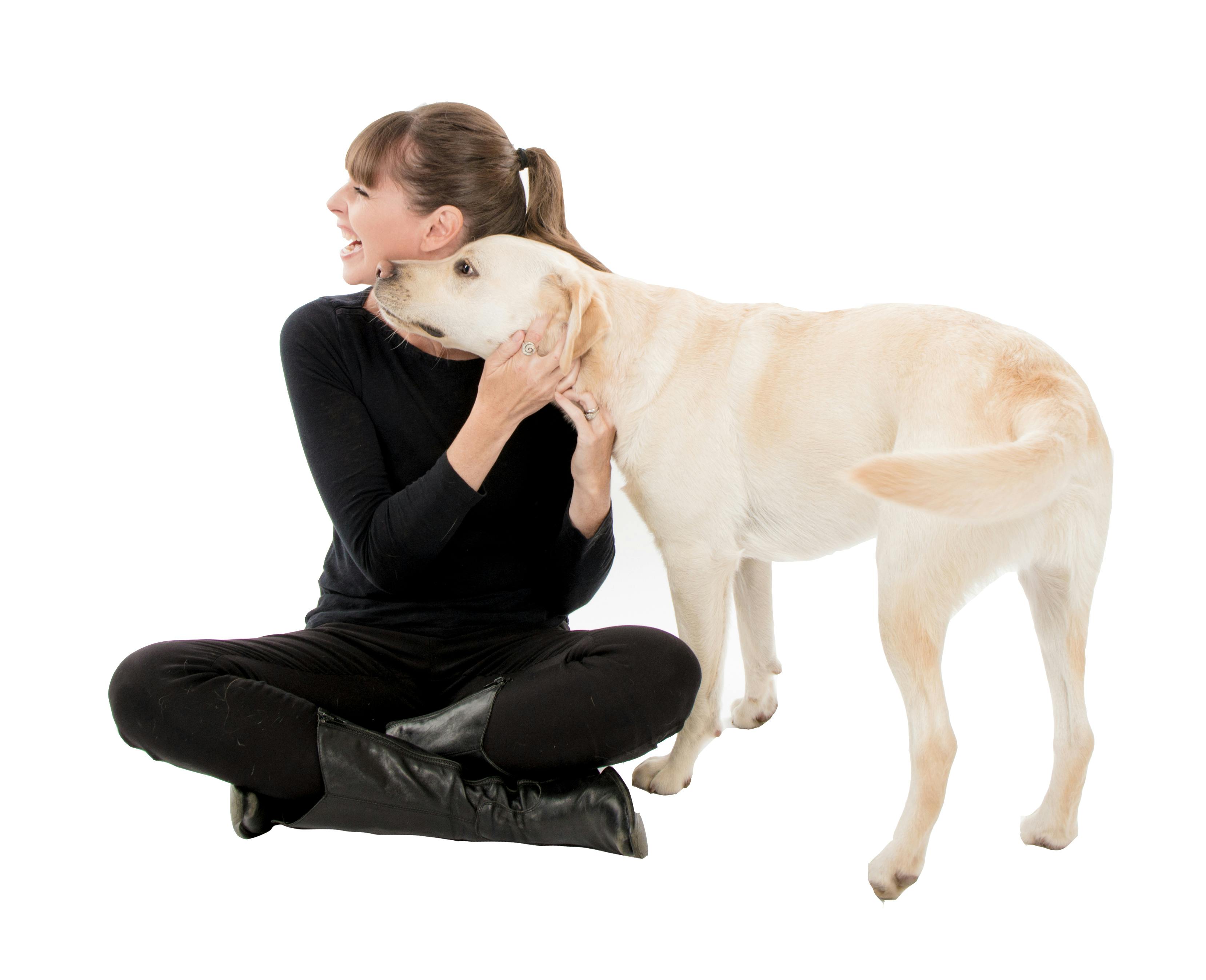How Dog Training For Dogs Can Reinforce Your Bond with Your Pet dog
How Dog Training For Dogs Can Reinforce Your Bond with Your Pet dog
Blog Article
Leading Pet Dog Educating Techniques for every single Phase of Your Pet Dog's Life
Efficient pet training is necessary at every phase of a dog's life, as each phase provides one-of-a-kind difficulties and possibilities for growth - Dog Training For Dogs. From the foundational bonding methods needed for puppies to the tailored approaches required for elderly canines, comprehending these vital durations can substantially enhance the human-animal bond. It is essential to acknowledge that training should advance along with a dog's advancement, ensuring that methods remain appropriate and efficient. What particular methods can be employed to resolve the varying demands of your pet dog as it develops? The answer might shock you.
Pup Educating Basics
Puppy training fundamentals lay the foundation for a mannerly grown-up canine and entail several essential elements that ought to not be ignored. The preliminary stage of training focuses on developing a strong bond between the puppy and its owner, which is critical for reliable interaction. Socialization is extremely important; exposing puppies to numerous settings, individuals, and various other animals assists them develop confidence and versatility, lowering the probability of behavior concerns later on in life.
Standard commands, such as sit, remain, and come, develop the structure of obedience training. Using positive support strategies, such as deals with and appreciation, urges desired actions and fosters a favorable learning experience. Consistency in commands and training sessions is important, as young puppies thrive on regular and structure.
In addition, residence training is a vital facet of puppy training. Establishing a routine schedule for shower room breaks and utilizing marked areas can aid lessen mishaps and promote good habits. Overall, an all-around method to puppy training, including home, obedience, and socializing training, sets the phase for a well-adjusted grown-up dog, making certain an unified relationship in between the family pet and its proprietor.
Teen Habits Management
As pups grow into teenagers, their habits can transform dramatically, commonly offering new challenges for owners. This developing phase, commonly occurring in between 6 months and two years, is marked by heightened energy degrees, curiosity, and an expanding feeling of self-reliance. Recognizing these modifications is critical for efficient behavior administration.
Teenagers may exhibit defiant propensities, such as overlooking commands they formerly grasped or engaging in destructive behaviors. Uniformity in training stays critical; reinforcing learned habits with favorable support can help combat these challenges. Short, interesting training sessions are important to keep their passion and focus.

In addition, establishing a structured routine can substantially boost a teenage pet dog's complacency. Regular workout is crucial to carry their power favorably, reducing the probability of unfavorable actions. By utilizing these techniques, owners can effectively browse the intricacies of adolescent habits, promoting a well-adjusted, happy canine companion.
Grown-up Pet Obedience Strategies

Positive reinforcement stays an essential method; gratifying good actions with treats, praise, or play motivates compliance. Consistency is critical; the very same commands and rewards must be made use of by all relative to prevent confusion.
Incorporating training right into day-to-day routines can additionally work. For instance, method commands throughout strolls or meal times, enabling training to blend perfectly right into day-to-day life. Participating in structured tasks, like agility training courses or obedience classes, can better boost a pet dog's skills while supplying useful socialization opportunities.
It is essential to identify that adult pet dogs may additionally exhibit stubbornness or complacency. Changing training methods to maintain their interest, such as differing incentives or introducing new commands, can help endure inspiration. On the whole, an ongoing dedication to obedience training will certainly cultivate a well-behaved and balanced grown-up canine.
Senior Dog Adjustment Techniques
Recognizing the one-of-a-kind needs of senior pets is important for ensuring their convenience and health. As dogs age, they might experience a decrease in movement, vision, and cognitive function, necessitating tailored adjustment approaches.
First, think about customizing the living atmosphere. Make sure that the home is risk-free and easily accessible; remove obstacles and provide non-slip surface areas to stop falls. Furthermore, think about using ramps or actions to aid them access their preferred spaces.
Secondly, workout ought to be gotten used to represent decreased endurance and joint wellness (Dog Training For Dogs). Take part in shorter, much more constant strolls, and incorporate mild tasks like swimming, which Discover More can be valuable for arthritic joints
In addition, mental stimulation continues to be critical. Use simple challenge toys or take part in scent work to maintain their click for more info minds sharp, while avoiding frustrating jobs that may annoy them.
Finally, routine vet check-ups are necessary to monitor health and wellness adjustments and readjust treatment regimens appropriately. By applying these adjustment methods, you can boost the lifestyle for your senior pet dog, guaranteeing they age beautifully and pleasantly.
Lifelong Learning and Enrichment
While canines of every ages take advantage of discovering and psychological stimulation, long-lasting enrichment is particularly essential for maintaining cognitive health and emotional wellness in both elderly and younger canines. Engaging activities not just enhance a canine's quality of life but additionally reinforce the bond in between the pet and its proprietor.
Enrichment can take different types, including interactive toys, puzzle feeders, and scent job, which promote a canine's senses and encourage analytical. Routine training sessions, incorporating brand-new commands or techniques, keeps their minds sharp and advertises a feeling of success. Socialization with other canines and individuals is similarly important, as it aids stop behavioral problems and fosters flexibility.
In addition, incorporating exercise right into a pet dog's routine is essential for general wellness. Tasks like dexterity training, fetch, or long walks provide both physical and psychological excitement, making sure dogs remain happy and involved.
Last but not least, take into consideration varying the environment by presenting brand-new areas for walks or playdates. This change can reignite a dog's inquisitiveness and enthusiasm for exploration. Lifelong learning and enrichment not only contribute to a fulfilling life but also advertise an unified partnership with your canine companion.
Verdict
Efficient canine training techniques advance throughout a canine's life, attending to the one-of-a-kind requirements of each developmental stage. From developing fundamental abilities in puppies to handling teenage behaviors, strengthening obedience in grownups, and adjusting techniques for elders, a detailed method guarantees ideal interaction and habits. Emphasizing routine psychological stimulation, socialization, and exercise promotes a balanced and satisfying life for pets. Eventually, constant application of these methods contributes to an unified connection in between pets and their human companions.
Effective pet training is essential at every stage of a pet's life, as each phase provides special obstacles and chances for growth.Puppy training fundamentals lay the foundation for Dog Training For Dogs a well-behaved grown-up canine and include several key parts that need to not be overlooked. In general, a well-rounded approach to puppy training, incorporating residence, socializing, and obedience training, establishes the stage for a well-adjusted grown-up pet dog, ensuring an unified partnership in between the pet and its proprietor.
Lots of pet owners may discover that grown-up pet dogs, while generally more stable in actions than their adolescent counterparts, still need regular training to maintain obedience and excellent manners.Effective canine training methods evolve throughout a dog's life, resolving the special requirements of each developmental stage.
Report this page